The irony wanted it to be with a class struggle movie.
On February 10 of last year, South Korea made history by achieving the highest recognition at the Oscars with
Parasites
, from director Bong Joon-ho, the first time that a non-English-speaking country (not foreign, since the United Kingdom has won several times before) was imposed in the almost 100 years of life of the contest.
From the deliberate ambiguity of the title, the argument of
Parasites
compared a poor family with a wealthy family to reflect on who really took advantage of whom: if the workers who, thanks to their work, enjoy the luxuries of the rich when they are not at home or, rather, the rich who they feed on the effort of others and systemic asymmetries to enjoy a life of opulence.
If it weren't for certain style decisions, such as not including musical numbers or not structuring the narrative around a floral analogy, the film could well conform to the canons of North Korean cinema set by the late dictator Kim Jong-il in his essay
On cinematographic art
, 1973. “When they see that the protagonist, upon awakening his class consciousness and being filled with hatred towards the enemy, rises up in a fight, men will clearly know what revolution is and why they should do it ”Wrote the father of the current leader of North Korea.
The way of understanding the cinema in North Korea is inseparable from the vision of the man who led the communist dynasty between 1994 and 2011. The producer and writer Paul Fischer dedicated a book,
Kim Jong-il Productions presents…
(Turner, 2015), to the study of the conception of the seventh art of who was known as Amado Líder.
The most mediatic of his measures - and which occupies the bulk of the work, almost in the manner of an espionage and suspense novel - was the kidnapping of director Shin Sang-ok and actress Choi Eun-hee, both stars in South Korea. .
In the transcript of a recording that the captive artists managed to leak, Kim Jong-il opened up about his frustrations, regretted that North Korean cinema was still stuck in the propaganda model of the Soviet Union, and explained why he had decided to import, not Consensually, the talent of the couple on that side of the peninsula: “The films that are made here are not stimulating at all.
New things are not tried, and thus it is impossible to improve.
They repeat the same scenes that we have already filmed in the past.
We should shoot movies that remain etched on our retina, why do we just make garbage? ”.
Kim Jong-il was really passionate about cinema.
Although what most transcended his fondness for the
Rambo
saga
, the leader knew both what was being done in the United States and in Europe, he studied it and stored tens of thousands of films of various nationalities in his personal video library, which he collected through of the so-called Operation Resource No. 100: their embassies were in charge of obtaining foreign copies and several teams translated them into separate parts, without actually seeing the images, since the films were not authorized for the rest of North Koreans.
"What Kim Jong-il learned and applied in North Korea had been taught by movies," says author Paul Fischer in his book.
“He had a certain sense of storytelling, drama and spectacle, of how a myth is forged and its power.
There is no better example than the official story of his own birth [according to the official biography, the leader was born on a volcanic mountain, announced by two rainbows and a new star in the sky], which refers to the stories about archetypal heroes.
The exceptional and long-suffering mother;
the absent father who fought for a noble cause ”.
The North Korean Canon
Dr. Anna Broinowski, Professor of Audiovisual Arts at the University of Sydney, is one of the few foreign filmmakers who has been able to shoot in North Korea.
His documentary
Aim High in Creation!
(2013) represents an unusual window to the country: under the pretext of investigating North Korean propaganda techniques and applying them to a new film that will help make Sidney aware of the need to prevent the opening of a coal methane gas mine in the city , Dr. Broinowski obtained permission to meet with the most prominent professionals in the country.
The work —which could be seen in Spain in Filmin— is an approach that stands out for not accepting the ridiculing style with which North Korean culture is often approached, in the manner of a
kitsch
object
: the gaze is respectful and, thanks to that , you gain access to extensive and new information about the operation of your film industry.
This caused the documentary to generate great interest in South Korea, where it was released in 2018, or that Netflix distributed it in the United States.
However, in
Aim High in Creation!
There are also moments of pure situational comedy, such as when we discover that one of the North Korean directors most outraged by Australia's disregard for the environment has, in fact, just made a film about the benefits of the nuclear bomb.
"The
likes
on the film's Facebook page grow every time Kim Jong-un tests a new missile," the director ironically told ICON.
Asked whether North Korean cinema could really have an academic interest, Dr. Broinowski does not hesitate: “Absolutely!
It is a rare artifact: mass persuasion, rather than the box office, is the key marker of success and retains a unique power, given that its captive audience of more than 24 million citizens is prohibited from accessing foreign entertainment. "
Of course, it clarifies that not all foreign cinema is restricted there and, for example, James Cameron's films are known.
“Not surprising, given his socialist narratives.
DiCaprio's struggle with the unjust class system in the sinking of the
Titanic
and the intergalactic corporate villains in
Avatar
fit perfectly with the very myth of the creation of the Democratic People's Republic of Korea. "
"Because of its ideological isolation, its propaganda mission and its nostalgic techniques, I would say that North Korean cinema belongs to a category of its own," says the doctor and documentarian.
“When it comes to lifestyle, filmmakers have it better than most people.
Once they have been deemed suitable to study film at Kim Il-sung University, the degree grants them access to exclusive shops for foreigners in Pyongyang, comfortable apartments, cars, study trips to Germany, Russia and China and a salary that is whether they are in production or not, for an independent western filmmaker it would be a luxury!
However, creatively, the stories that can be told and the characters they can focus on are limited, ”Broinowski clarifies.
A representative title of the structure of a North Korean film is
The Flower Girl
(Choe Ik Kyu and Pak Hak, 1972), a classic of national cinematography with the script of the dictator Kim Il-sung himself.
The film narrates the vicissitudes of a flower seller during the Japanese occupation of Korea, whose harsh living conditions, linked to the mistreatment and humiliation to which she and her loved ones are subjected by the Japanese usurpers of her community, end up pushing her to join the People's Army struggle.
The renovation and opening of its cinema came from the hand of the captives Shin Sang-ok and Choi Eun-hee, who breathed a western air (due to the great American influence in the country where they were formed, South Korea) to the montages and visual compositions of his films.
Kim Jong-il became so satisfied and so confident in the couple's work that he allowed them to shoot a biography of founder Kim Il-sung,
The Korean Star
(1985), whose lead actor underwent plastic surgery to look like the Leader.
The communist Godzilla
But if there is a film that far exceeded Kim Jong-il's international consumer expectations (although not for the reasons he would have liked), it is
Pulgasari
(Shin Sang-ok, 1985).
Converted over the years into a cult title, it is a version of
Godzilla
adapted to the Juche ideology, the North Korean interpretation of communism.
Its popularity has contributed substantially to making the story of the kidnapping of the South Korean director and actress better known, for the grotesque idea that a mad tyrant would capture two artists with the intention of forcing them to make a monster movie for him.
"It's a movie!" Proclaims the comedian and screenwriter Vera Montessori to ICON.
Montessori is a member of CineCutre, a collective that celebrates low-quality films made with passion, and that annually organizes the CutreCon festival, a competition held in Madrid that is expected to reach its tenth edition in March.
"I think we haven't programmed
Pulgasari yet
and we should," says Montessori, who claims to feel "tenderness" for "the movie sets, the agonizing sound of a Casio as the soundtrack, and the smell of burning rubber."
Set in the Middle Ages, during the Goryeo dynasty in Korea, Pulgasari tells how a gigantic monster helps the peasantry rise up against the evil king and gain freedom.
Something curious, however, happens in the end: once the monarchy is expelled, the people are unable to feed the monster due to its terrible voracity and end up having to sacrifice it.
This, which could generously be interpreted as equivalent to the final phase of communism in which, according to the theory, the abolition of the state proceeds, was read by Paul Fischer as a covert criticism of Shin Sang-ok to the regime: “The The monster was a transcript of Kim Il-sung himself: the man who had liberated the nation from the oppressors was today a selfish beast with a destructive and insatiable appetite. "
A country from a movie
In North Korea, if you can't say that reality is stranger than fiction, it's because the two seem to coexist on the same plane.
Paul Fischer analyzed in
Kim Jong-il Productions presents ...
how the capital Pyongyang, more than a city, is a great set.
And the documentary
The propaganda game
(2015), shot by the Spaniard Álvaro Longoria in the Juche nation, framed the information about the country that usually reaches the West within a sensationalist propaganda war that prevented knowing the reality ... although that reality, in his film, he is portrayed as deeply rarefied and inscrutable, as if everything told about North Korea was outlandish and, at the same time, the truth was even more far-fetched.
Dr. Anna Broinowski agrees with this diagnosis: "The truth lies somewhere between the propaganda of Fox News and the DPRK state channel."
The teacher and documentarian, in fact, has reservations with the story of the kidnapping of Shin Sang-ok and Choi Eun-hee.
“While the kidnapping of Choi and Shin fits with the narratives of Western governments and media about
evil
North Korea, I think it is important to also acknowledge the opinion of Japanese film critic Tetsuo Nishida, who suggests in his book
The fictitious image
[1988, unpublished in Spain] that the couple were not kidnapped, but went to North Korea voluntarily: Shin, because the conservative government of South Korea no longer endorsed his films, and Choi, because he was too old to play leading roles in their country ”.
Nishida's is not just any opinion, since the Japanese critic was precisely the one who facilitated the couple's escape during their stay in Vienna, where Kim Jong-il planned to open the international division of his production company.
Reasonably, any reader of
Kim Jong-il Productions presents ...
may have doubts about what counts because of the suspension of disbelief that the narration forces, close to the most out of control James Bond films.
However, if seeing is believing, the first North Korean contribution to audiovisuals that this 2021 has brought to us once again blows up the limits of verisimilitude: it is a documentary,
The Infiltrator
, directed by the Norwegian Mads Brügger and recently premiered in Filmin, which links the Spaniard Alejandro Cao de Benós (North Korea's first representative in the West) and the organization he presides, the Korea Friendship Association, to an international drug and arms trafficking plot with ties in the Middle East .
In case, as Paul Fischer affirms, North Korea is like “a gigantic set” with more than 24 million suffered and forced extras, what of course it has plenty of is the capacity to surprise in each new episode.
You can follow ICON on
,
,
, or subscribe here to the
Newsletter
.

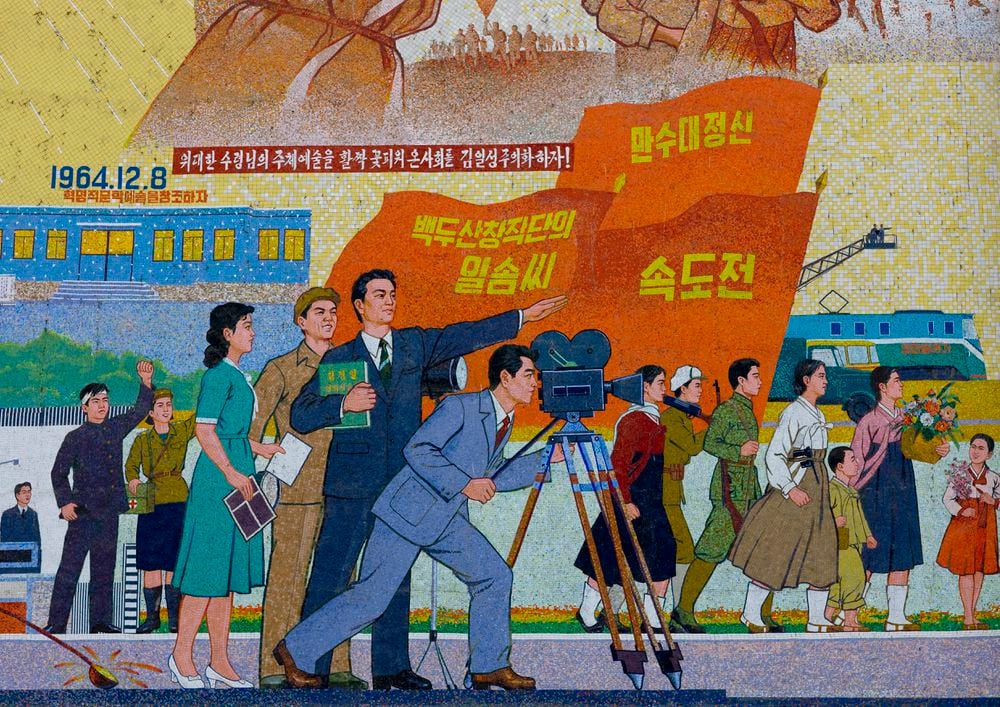

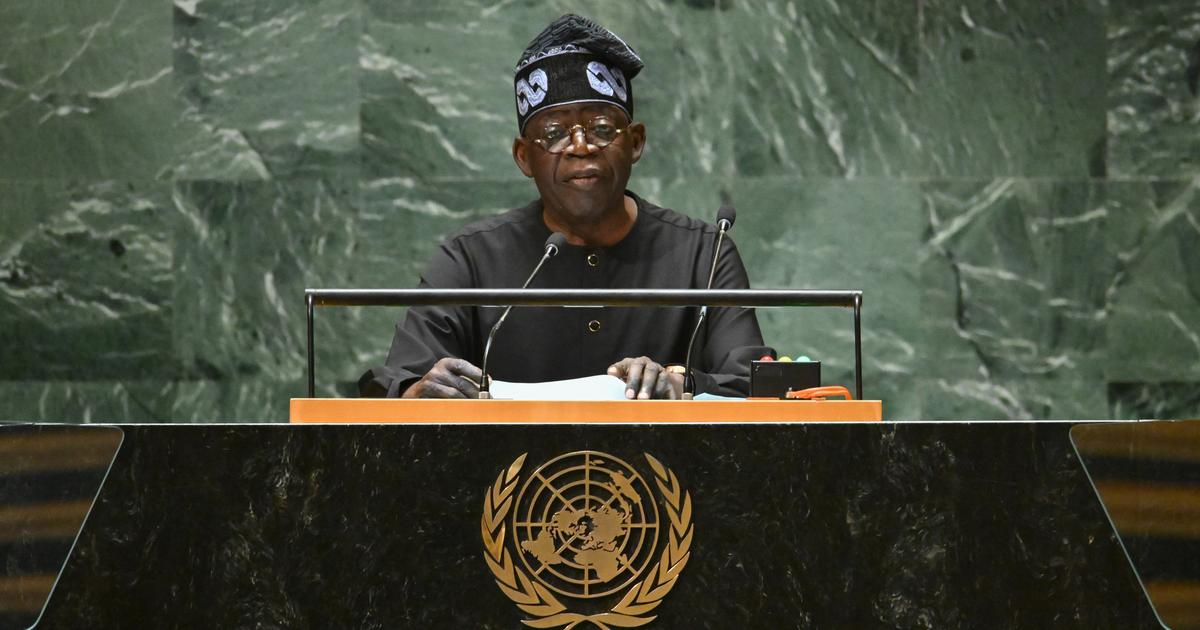

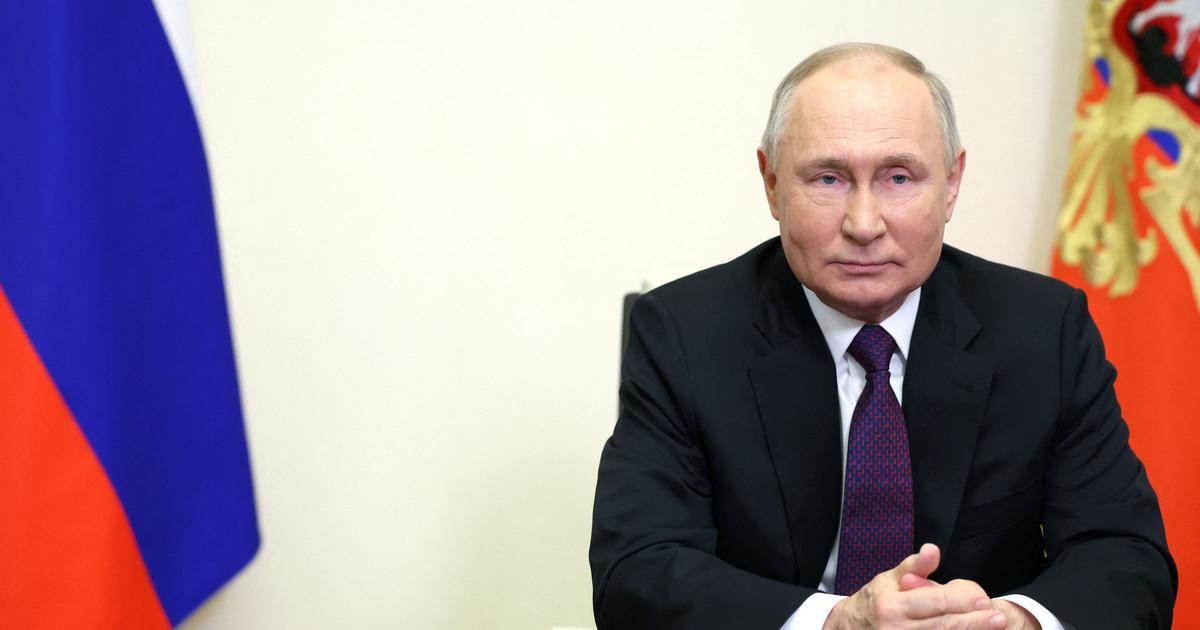
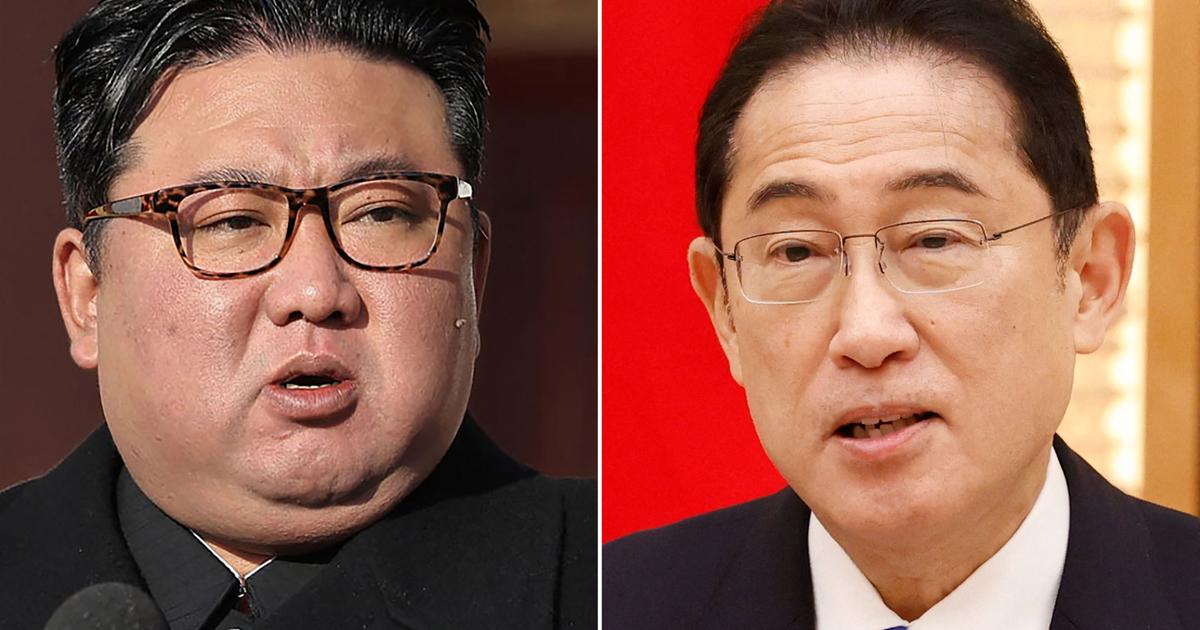

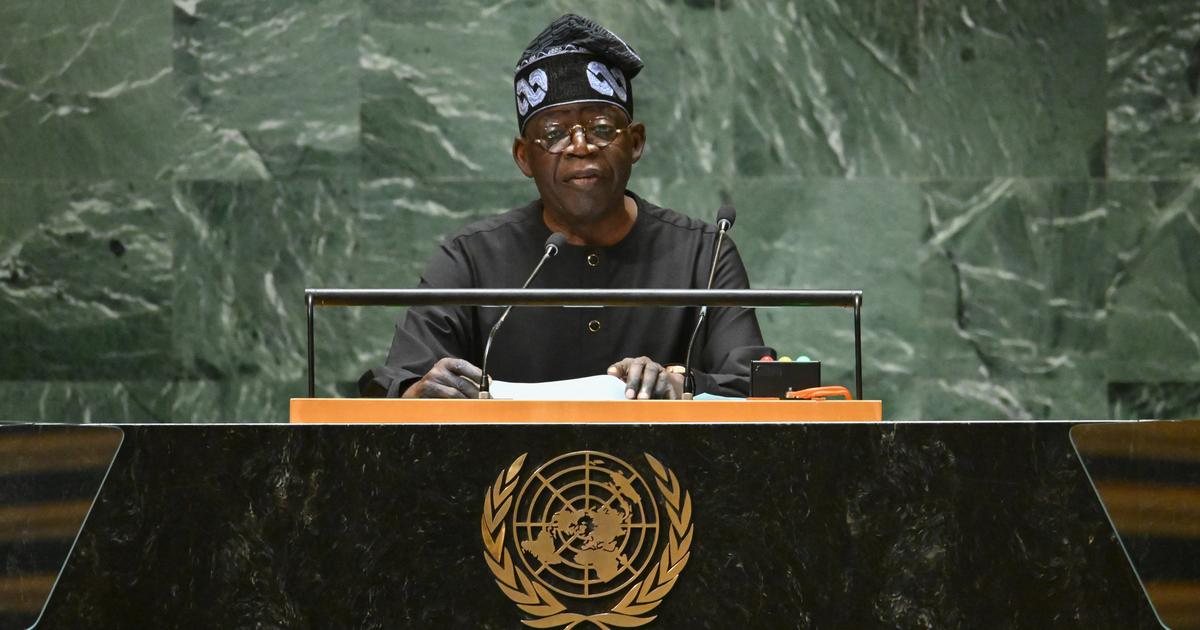

/cloudfront-eu-central-1.images.arcpublishing.com/prisa/2C5HI6YHNFHDLJSBNWHOIAS2AE.jpeg)



